The year 2025 has been particularly eventful for Danganronpa creator Kazutaka Kodaka – with the successful release of The Hundred Line: Last Defense Academy, his original concept for Tribe Nine taking shape as a live-service game, as well as new game Shuten Order being just around the corner. Recently, Kodaka spoke to AUTOMATON about his relationship with the projects he took part in, mentioning that “creator-oriented” development is the key to creating unique games.
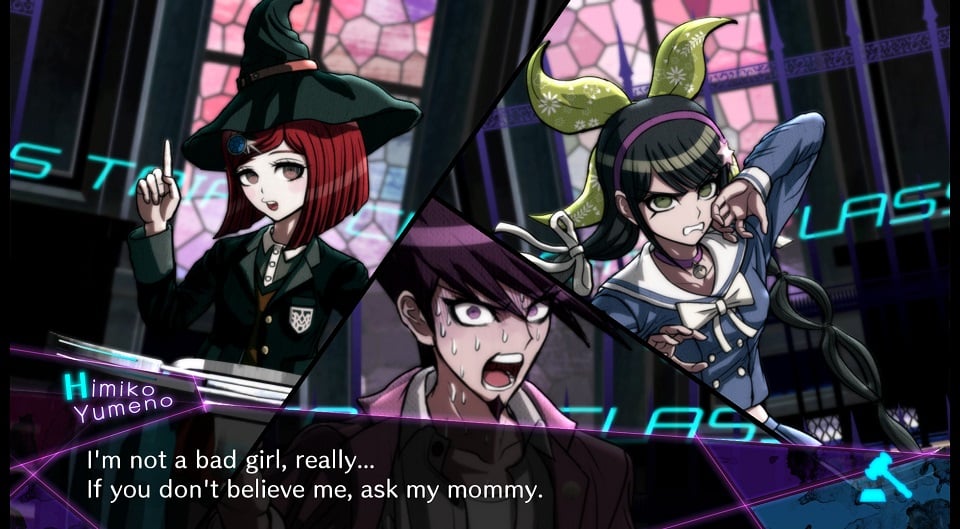
“Personally speaking, it would be good for Japanese game development to be more dependent on individual creators and focus on nurturing originality. That way, more uniquely Japanese games will get produced. That is one of the goals I set for myself, and it also comes with a sense of responsibility for the work itself.” While it is quite difficult for creators nowadays to act individually given that they are usually bound by a company contract , Kodaka seems to be suggesting that having one “creator” become the face of a project would not only tie into the aspect of having more creative control over the game, but also place a certain amount of responsibility on the creator – as opposed to everything being attributed to a company name.
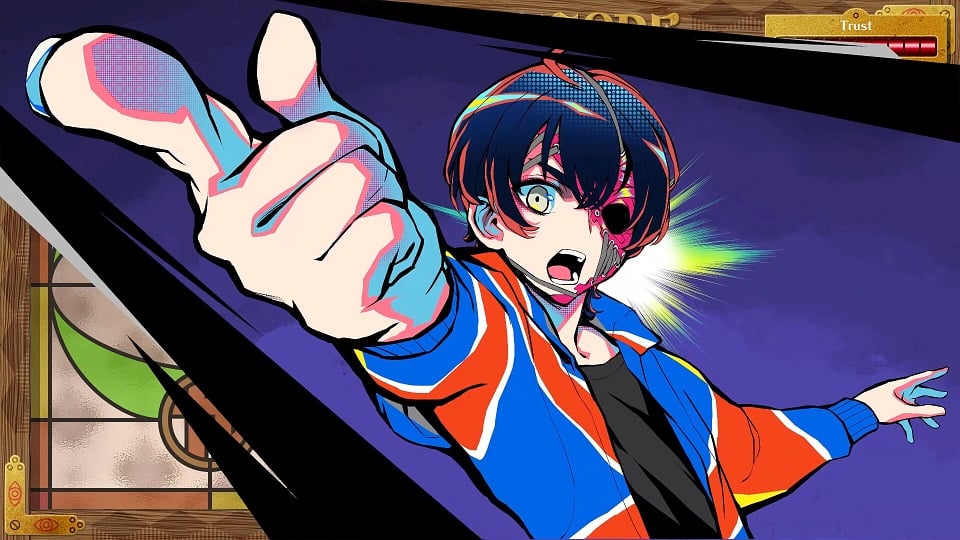
“If a project has my name or Too Kyo Games’ name on it, regardless of who has the ownership rights, I feel the responsibility to sincerely confront players [of the games I worked on] no matter what.” Case in point, Kodaka recently launched a revival project for the soon-to-be-discontinued ARPG Tribe Nine, whose concept he originally created but does not own the rights to. Forming the Neoneon Tribe doujin group alongside two key members of the original Tribe Nine development team, Kodaka will be reclaiming the game in a completely different format – with the intention of taking responsibility for what he and his peers created and providing the fans with a proper conclusion to the story.
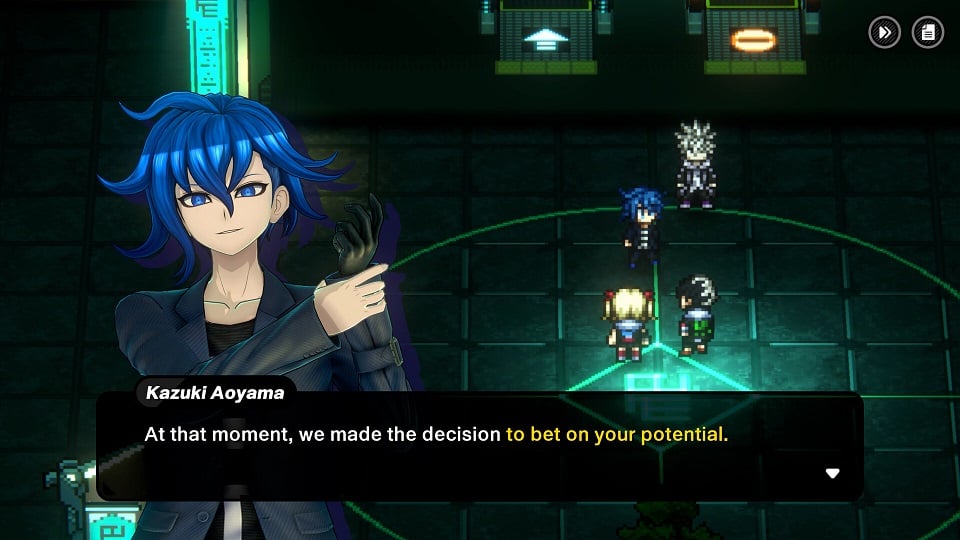
On an additional note, Kodaka’s stance on wanting a more creator-oriented game industry doesn’t come as a surprise at all. The Danganronpa and Hundred Like creator has notably written nothing but original scenarios for over a decade, with his last involvement with an existing IP being 16 years ago.
Furthermore, in another interview with AUTOMATON, Kodaka expressed that he had always felt that this kind of individuality is what makes Japanese games Japanese. “I’ve always felt that the strength of Japanese games lies “on a different axis” from AAA-scale production. Games that have a strong sense of individuality, like those from the PS1 or PS2 era, feel very “Japanese” to me […] Nowadays, game development is becoming “product-driven,” but for Japanese games to survive, I think we have to go in the opposite direction from what’s happening overseas by doubling down on the creator-driven approach” Judging by thisit is very likely that he will continue delivering original stories and characters for as long as he is active – unless he decides to completely betray our expectations Kodaka-style once again.
Related articles: Japanese FPS dev shares theory on why AAA developers in Japan fail at making FPS games. “They all try to copy CoD and set themselves up for failure”

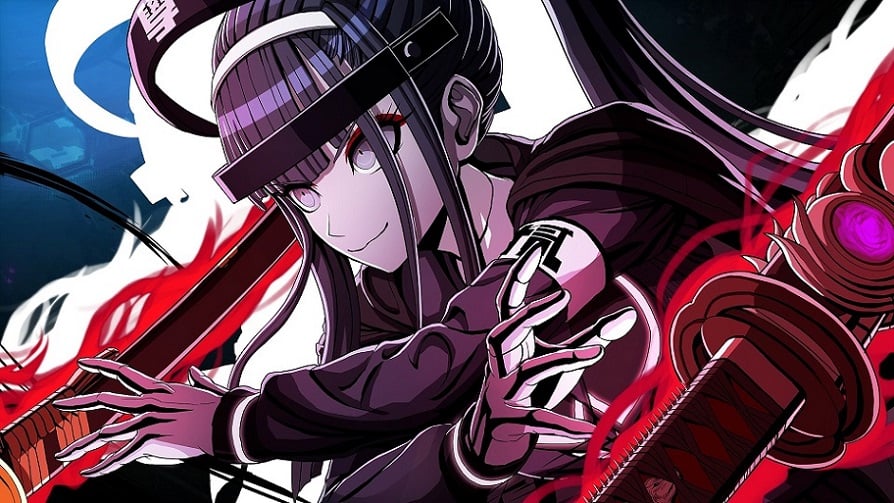


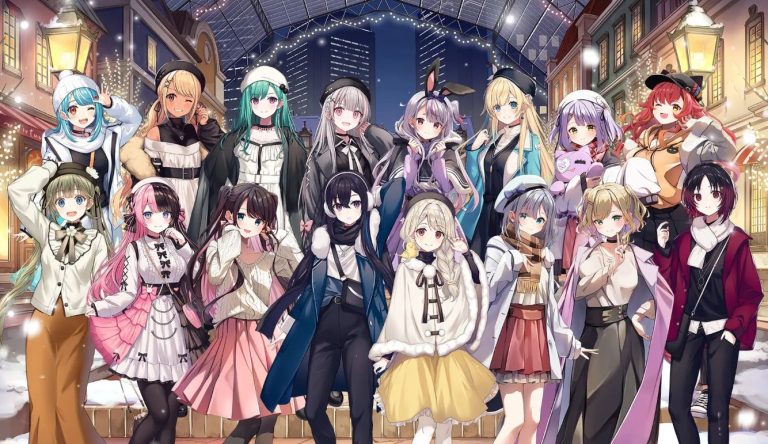
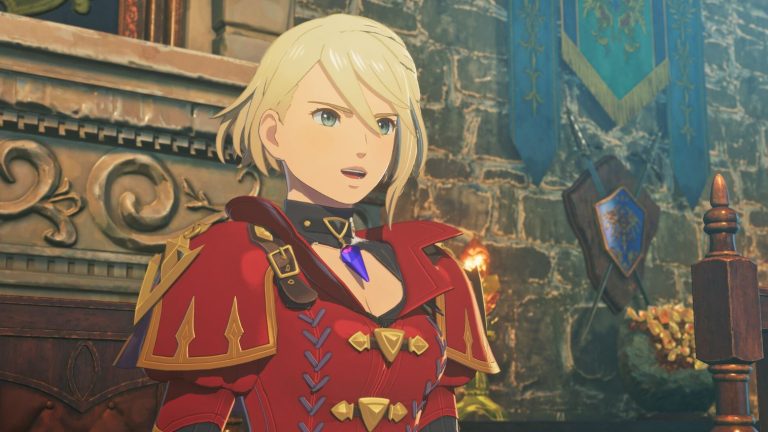
Putting the human factor at the center of creation really is something important and sadly, I feel it’s being forgotten these days.
This is honestly such a load of crock. Anyone can be an indie dev these days and there are indie Japanese games. Kimi ga Shine/Your Turn to Die is a huge example of this and a fairly popular JP indie game, translated by vgperson. The problem is that most Japanese indie games specifically just pander to Japanese people, so they never see any broader appeal. Again, the problem isn’t “Japan does not make indie games”, it’s a matter of those indie games never really gaining any overseas popularity because they’re either not really FOR overseas audiences or have anything that appeals to those audiences, most of the time. It also helps if the game is in English in addition to being in Japanese, or has someone bilingual make a translation for the game. Translators are a great way to broaden a game’s audience.
Individuality? That’s certainly not a Japanese mentality. I agreed with Spike Chunsoft staying home for connections, but this opinion won’t help his team get collaborations. It might even scare other development teams off. Anti家. This is not a good first step.
I believe that Tribe Nine had the potential be a great game, even a better gacha than Zenless Zone Zero. However, if the company that was in charge of Tribe Nine hadn’t gotten greedy and stupid with Tribe Nine’s launch, then we wouldn’t have it at a EOS state. I don’t blame Kodaka, I blame the company.
There would be more uniquely American games if development was more creator-oriented and focused on individuality.
And more uniquely European games…
Uniquely “other Asian countries” games…
Uniquely “other North American countries” games…
African, South American, Australian…
Heck, most of what we have in Antarctica is heavily protected, expensive computing equipment. We might get to see uniquely Antarctican games at some point!